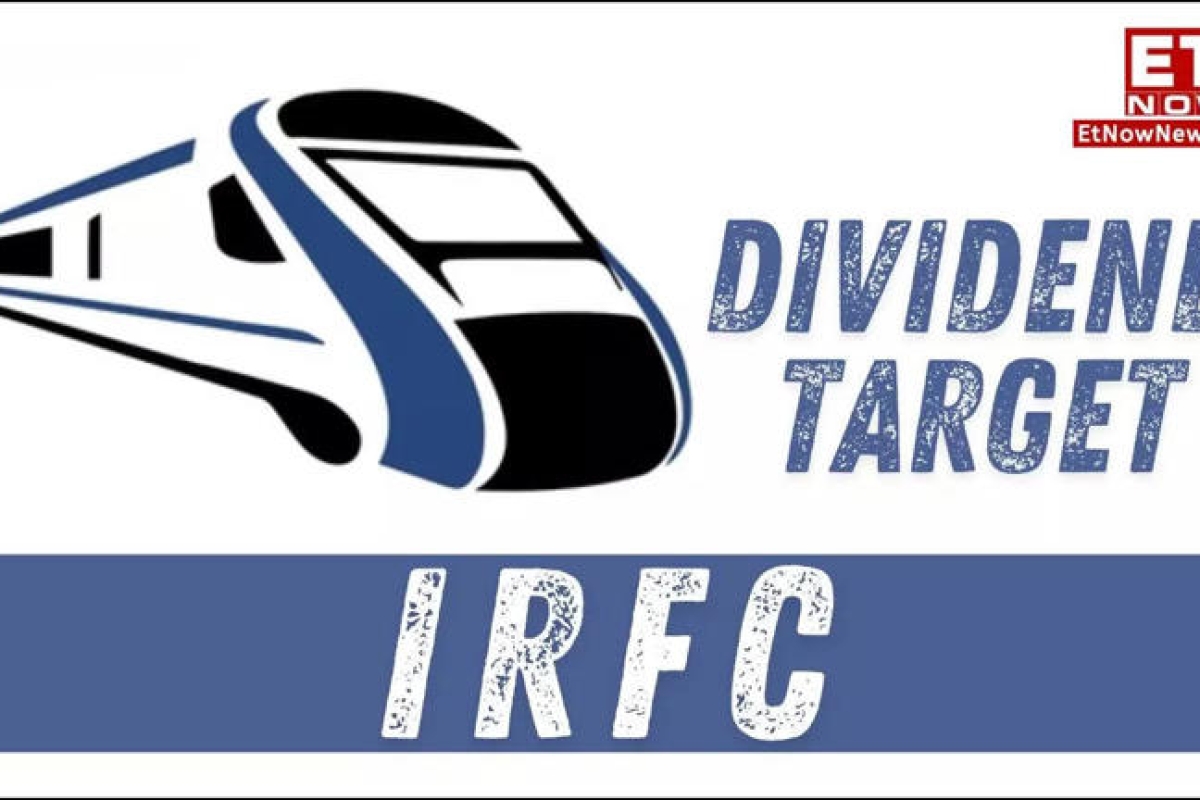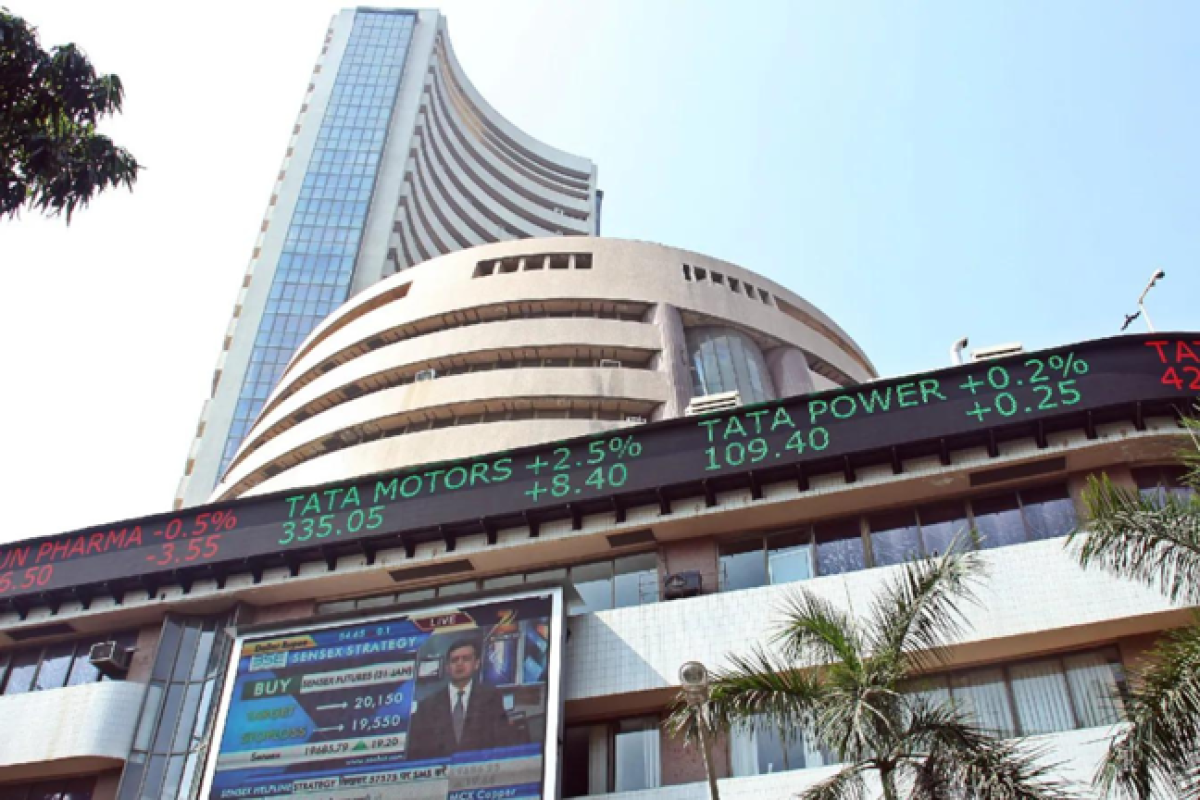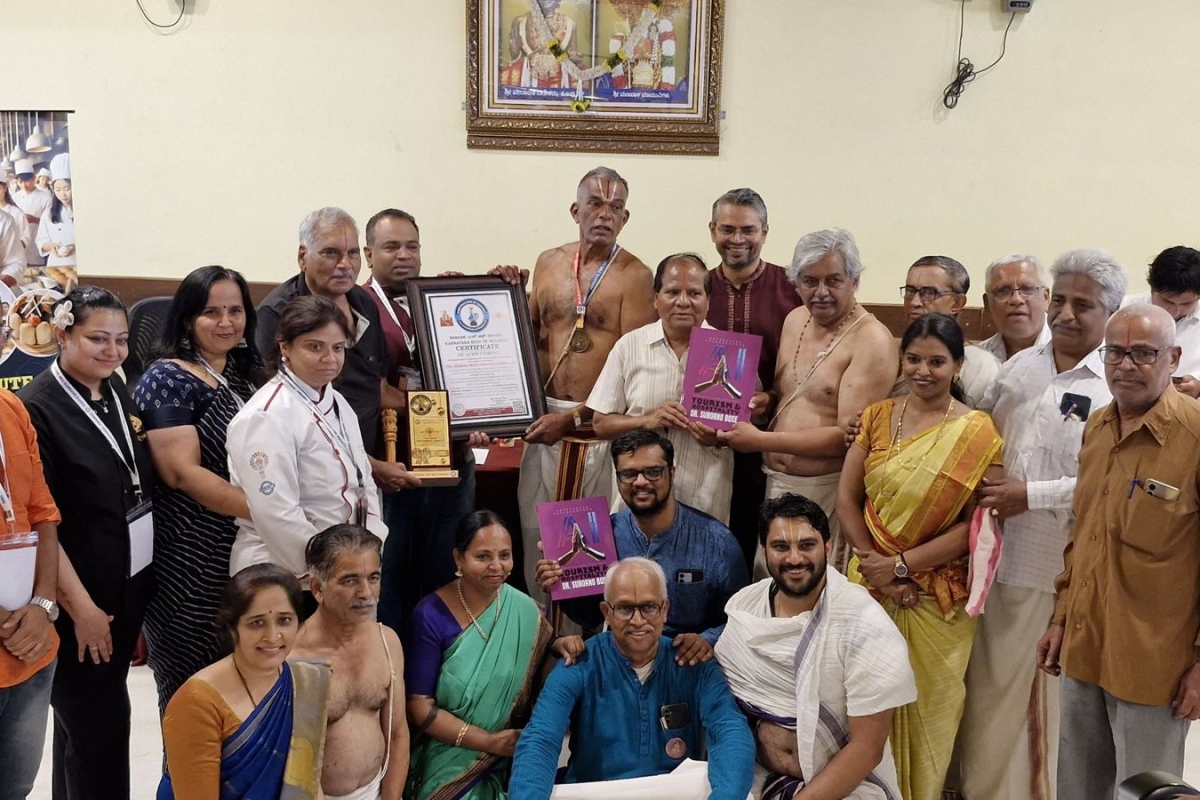Economic Impact of Corruption
.jpeg)
Distorts Market Mechanisms: Corruption can lead to the distortion of market mechanisms, deterring investment and leading to inefficient investments and misallocation of resources1.
Reduces Economic Growth: It negatively impacts economic development by creating inefficiencies and reducing economic growth through increased transaction costs and uncertainty1.
Affects Public Finances: Corruption can either increase or decrease public investment and generally leads to poorer fiscal performance, such as higher deficits
Distorts Market Mechanisms:
- Corruption distorts market mechanisms by deterring investment and leading to inefficient investments and resource misallocation. This distortion creates an unpredictable business environment, discouraging both domestic and foreign investments .
Reduces Economic Growth:
- It hampers economic growth by increasing transaction costs and creating uncertainty. Inefficiencies arise as resources are diverted away from productive uses, slowing down overall economic development .
Affects Public Finances:
- Corruption can negatively impact public finances by increasing or decreasing public investment and leading to poorer fiscal performance. This often results in higher deficits and increased public debt .
Societal Impact of Corruption:
Undermines Human Rights:
- Corruption undermines state institutions and their capacity to respect, protect, and fulfill human rights. Vulnerable and marginalized groups are particularly affected, as corruption reduces the effectiveness of services designed to protect these populations .
Increases Inequality:
- It exacerbates poverty and inequality by disproportionately affecting disadvantaged individuals who rely more on public goods and services. This creates a cycle where the poor and marginalized are continually disadvantaged .
Erodes Trust:
- Corruption erodes public trust in government and undermines the social contract. This loss of trust can lead to societal fragility, violent extremism, and conflict, as citizens become disillusioned with corrupt institutions and governance .
Summary:
Corruption poses a significant barrier to economic and social development. It undermines the rule of law, fosters environments conducive to crime and bribery, and erodes public trust and economic growth. This global challenge requires concerted efforts to combat and mitigate its detrimental effects .










 (16).jpeg)











